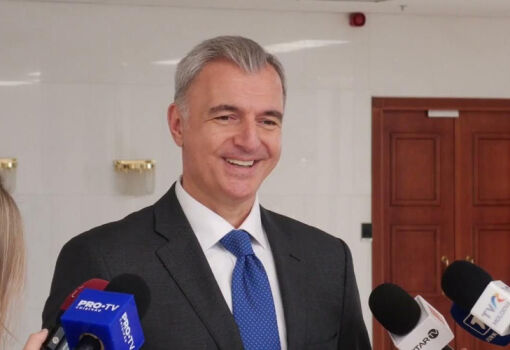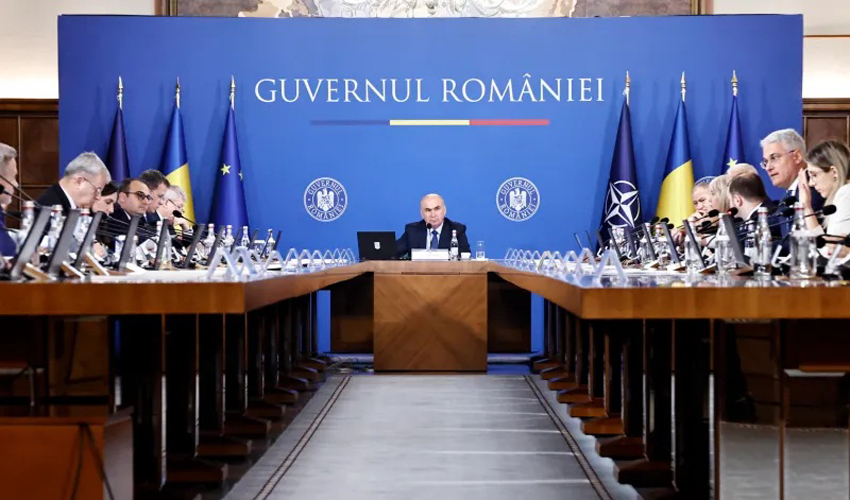
The Parliamentary Commission on Law, Appointments and Immunity held regular hearings on the draft law on mediation and the status of mediator.
State Secretary of the Ministry of Justice Stanislav Copețchi explained that the purpose of compulsory mediation is to persuade the parties to settle the conflict without going to court.
“The draft proposes that for certain categories of cases – civil, family and labor – the parties should participate in at least one initial mediation session. If the parties do not come to an agreement at this first meeting, they can then go to court,” Copețchi explained.
The law was supposed to be adopted back in July 2025, but no consensus was reached. Now the Parliamentary Commission on Law, Appointments and Immunity intends to bring it to the final reading by the end of November.
The most controversial clause is the one concerning civil cases, especially those involving debt collection or the enforcement of contracts, which usually involve banks and non-bank credit organizations (NBCOs). According to the Superior Council of Magistracy, only in the Chisinau Court, the largest in the country, half of all cases are civil cases involving financial institutions. The most frequent cases are debt collection cases.
Although the draft provides for the gradual entry into force of the law, representatives of the banking sector insist on excluding banks from the draft. The chairman of the Association of Banks of Moldova, Dorel Noroc, believes that otherwise the purpose of the law will not be achieved.
“Today, a bank can demand fulfillment of obligations from a client only after 90 days from the moment the loan is overdue. There is a whole internal mechanism of working with clients – individual negotiations, restructuring, finding solutions. This process is essentially already a form of mediation. Therefore, the probability that after all these stages we will still have to go through mandatory mediation is minimal,” Noroc said.
According to him, if the law is adopted in its current form, in 90% of cases banks will still go to court.
“My request is to exclude the banking sector from the scope of this initiative. The state should not impose a form of behavior on business,” Noroc stressed.
Also opposing the project are utility service providers. Sergiu Bargan, director of Premier Energy’s legal department, is sure that mandatory mediation will create additional costs, both time and financial, which will be included in the tariff.
“We operate in strategically regulated sectors, where there are special mechanisms. All new costs established by law will inevitably be included in the tariff, which will lead to higher prices for consumers,” Bargan said.
He believes that there can be no more effective mechanism than disconnecting consumers.
“We already have a system of mandatory notifications and warnings, a debt restructuring mechanism, as well as an effective tool provided for by both the European Energy Directive and the current Moldovan legislation – the right to disconnect. This process is also gradual and is aimed at preventing legal disputes,” the Premier Energy representative said.
Nevertheless, the Justice Ministry is sure that the proposed law is “the best one and will be able to reduce tensions in society”.
Angela Maxim, head of department at the Ministry of Justice: “All participants in the judicial system support this project. The figures speak for themselves: the load on the courts is enormous. I will not name specific banks, but, for example, if in 2022 one of them had 5 court cases, in 2023 – already 1310. Trying to settle before trial can significantly reduce the number of court referrals and reduce tensions in the community. I believe this is the best law to bring peace in society.”
According to the Ministry, the number of cases considered by courts involving banks, NGOs, insurance and collection companies will increase by 94.3% in 2023 and by another 23% in 2024: “The load on judges is enormous, and in simple cases – debt collection”.
The deputies promise a compromise version of the draft law – “so that all parties are generally satisfied”. MP Marian Radu has already introduced an amendment to exclude banks from the scope of the law.
It should be noted that today, according to the law adopted in 2015, mediation is voluntary. There are about 1500 mediators registered in Moldova, of which only about 200 are actively working, the rest are simply not in demand.
If the new law is adopted, mediation will become mandatory. The Chamber of Commerce and Industry together with partners is ready to train professional mediators. The draft law also provides for the creation of a Union of Mediators.













